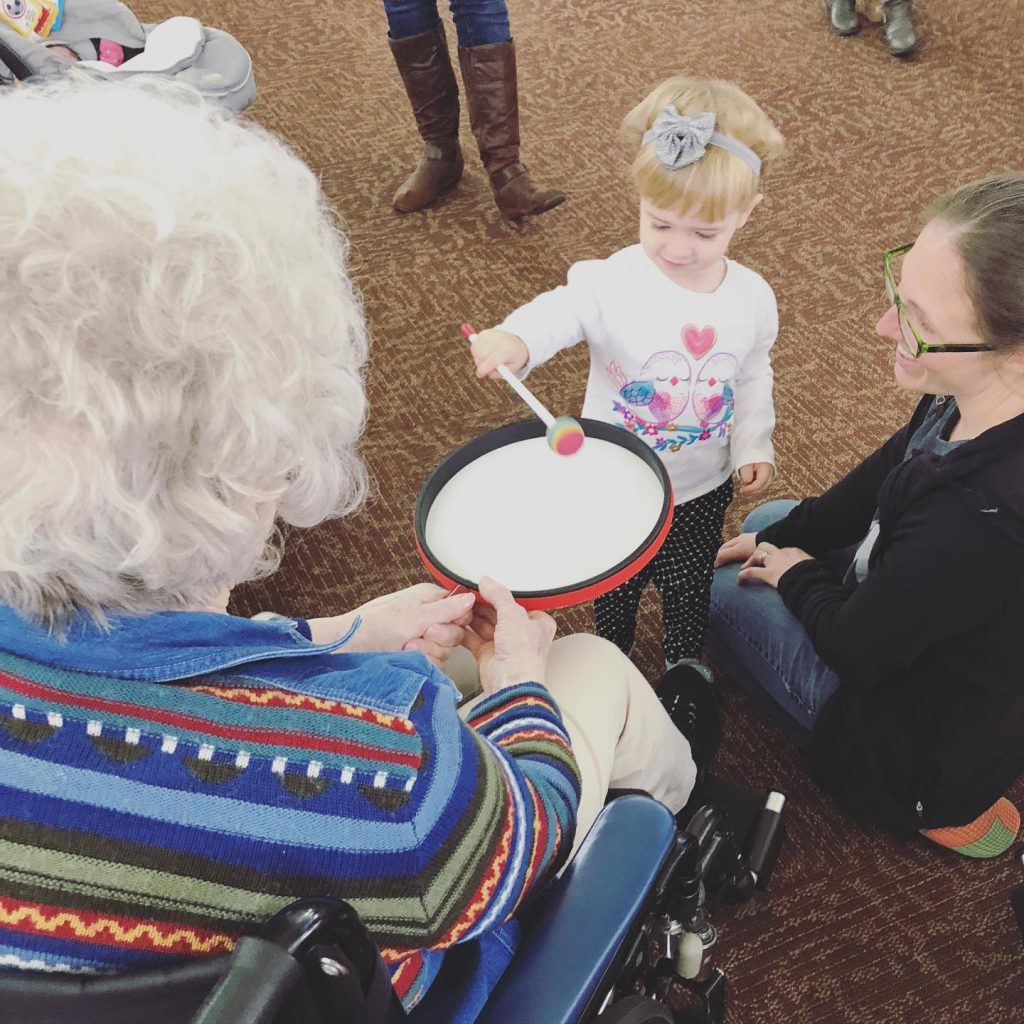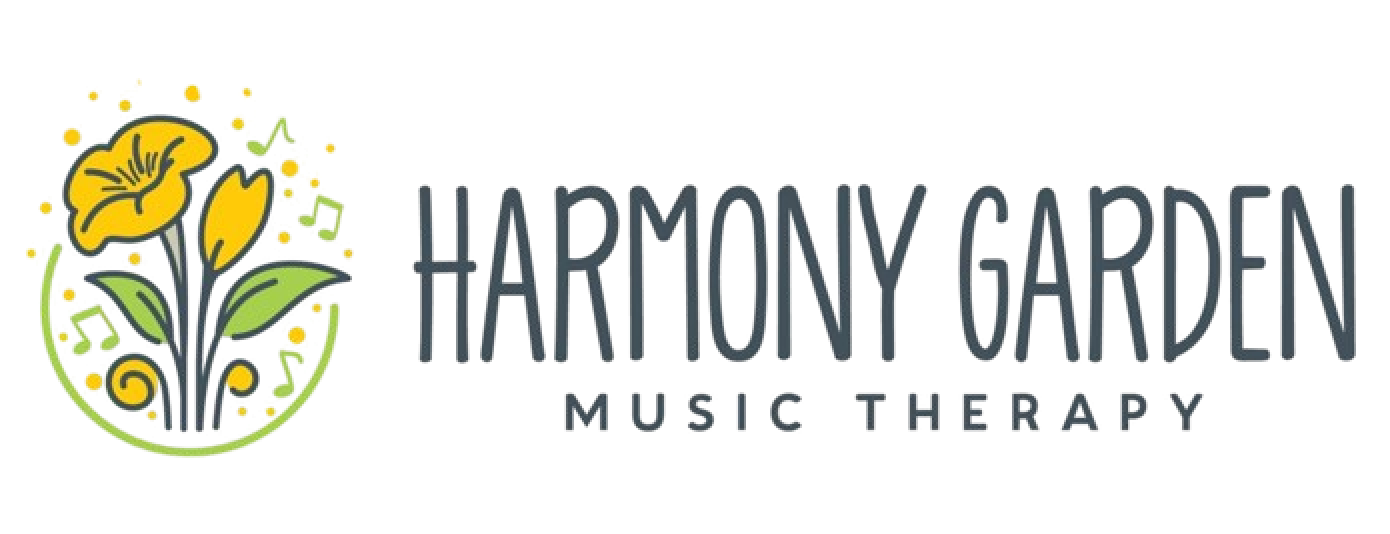Memory Care Units
Research consistently shows that music therapy can greatly benefit individuals with memory-related disorders like dementia. When people engage with music, it activates different parts of the brain and improves cognitive function. Music therapy exercises the brain as a whole, stimulating attention, language, and spatial-temporal skills. This promotes mental agility and flexibility. During music therapy sessions, people often find that they can express their emotions and thoughts in ways that words cannot capture. Music becomes a language that offers comfort, self-expression, and connection. It’s a liberating experience that helps people rediscover their identity and purpose.
About The PROGRAM
Music therapy also enhances overall well-being and quality of life for people in memory care. Loneliness and isolation are common in this community, which worsens their condition. However, music therapy creates a safe and inclusive space for people to come together, fostering social connections and reducing loneliness.

Some possible goal areas with music therapy interventions are:
- Improve memory recall
- Promote socialization
- Enhancing cognitive function
- Promote comfort & wellness
- Improve quality of life
- Improve emotional expression
Some possible goal areas with music therapy interventions are:
- In-person meeting with a music therapist for a 30 - 45 minute assessment session and a 15 minute discussion to discuss logistics, etc.
- Schedule weekly session times with the music therapist and work towards mutually agreed goals and objectives.
- One-time assessment: $130
- 30-minute session: $50
- 45-minute session: $65
- 1 hour session: $85
